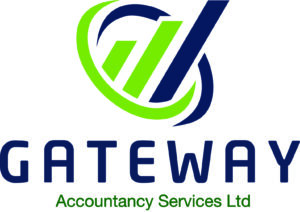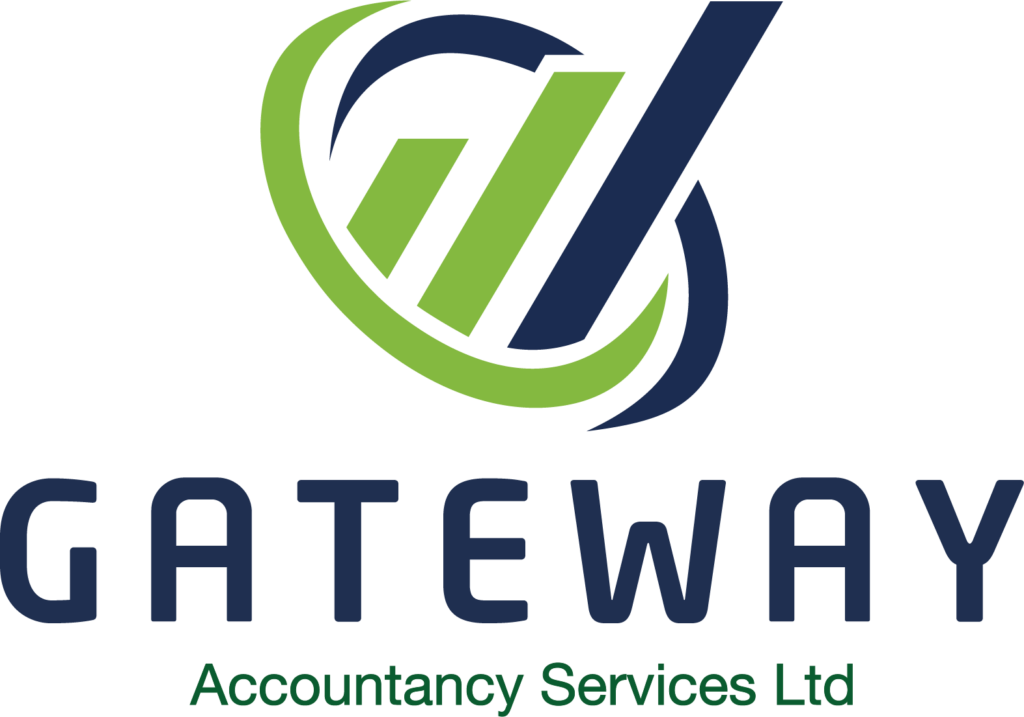Guide to Business Accounting

Gateway Finance
What is Business Accounting?
Business accounting is the process of recording, summarising, analysing, and reporting all financial transactions related to your company. It involves tracking revenues, expenses, assets, liabilities, and equity on an ongoing basis.
Unlike personal accounting which focuses on individuals and households, business accounting provides insights into the monetary health and performance of an entire company to both internal and external stakeholders.
Some key things business accounting helps you do:
- Track money coming in (revenue/sales) and money going out (expenses/costs)
- Prepare financial statements like income statements, balance sheets, cash flow statements
- Make sound business decisions based on financial data
- Gain investors and funding by demonstrating company value
- Adhere to tax and regulations requirements
- Identify issues like profit loss early before major problems arise
For any company, proper accounting is essential to success and growth. Without accurate records of finances, it’s impossible to fully understand the state of your business and make strategic plans for the future.
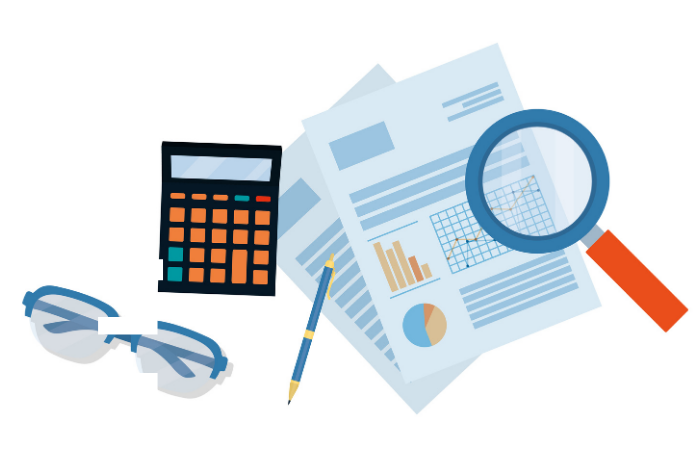
Some key differences between business and personal accounting:
- Business accounting focuses on company performance while personal accounting looks at individual/household finances
- Business accounting provides information to external shareholders, lenders, and investors, while personal accounting is primarily for your own reference
- Business accounting handles far larger sums of money and higher financial complexity compared to personal accounting
Now that we’ve covered the basics of what business accounting entails, let’s look at some fundamental concepts and terms every business owner needs to know.
Important Accounting Concepts for Businesses
Assets, Liabilities, Equity
These are the key components that make up a company’s balance sheet:
- Assets - Resources owned by your business (e.g. cash, accounts receivable, inventory, equipment)
- Liabilities - Debts and obligations owed by your business (e.g. accounts payable, wages payable, loans)
- Equity - Owner investments and retained earnings/profit over time
Revenues and Expenses
These are the key components that make up a company’s income statement:
- Revenues - Money brought into the company through sales and services
- Expenses - Costs of operating and growing the business
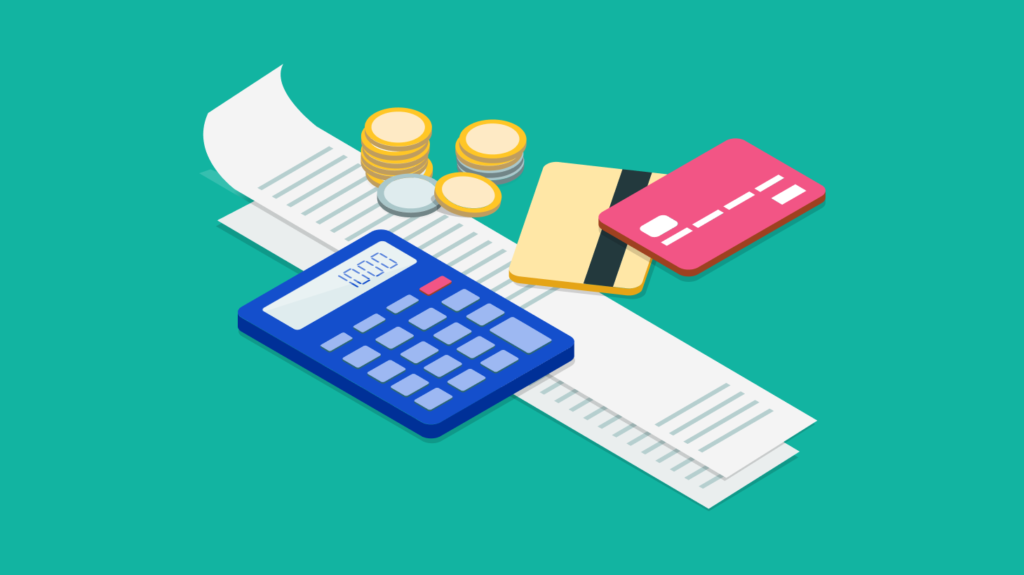
Profit and Loss
- Profit - When revenues exceed expenses, the remainder is profit
- Loss - When expenses exceed revenues, the remainder is a net loss
Monitoring profit and loss allows you to analyse the overall profitability of your business over time.
Accrual vs. Cash Basis Accounting
There are two main methods for recording finances:
- Accrual basis - Revenue and expenses are recorded when transactions occur regardless of cash movement
- Cash basis - Revenue and expenses are recorded when cash actually changes hands
Most businesses use the accrual basis for a more accurate financial picture.
Types of Business Accounting
There are 3 main branches of accounting performed by businesses:
Financial Accounting
This involves preparing external financial statements like income statements, balance sheets, statements of cash flows, and statements of stockholders’ equity. These documents provide shareholders, lenders, and government agencies insight into company performance.
Financial accounting follows UK General Accepted Accounting Principles (UK GAAP) and must be objective, consistent, and transparent.
Managerial Accounting
This involves providing internal financial data and analysis to help managers make tactical and strategic decisions.
Some key managerial accounting activities:
- Budgeting
- Cost and profitability analysis
- Pricing decisions
- Performance measurement
- Reviewing new projects/initiatives
Tax Accounting
This involves preparing tax returns, ensuring taxes are paid properly, and managing tax obligations. This is done to adhere to IRS regulations and avoid tax penalties.
Some key tax accounting tasks:
- Prepare tax returns
- Manage sales tax collection and remittance
- Claim tax deductions and credits
- Handle audits if they occur
Key Accounting Reports for Business Analysis
Accounting software and systems allow you to generate a variety of reports to analyse your business’s financial performance.
Here are some of the most important reports for review:
Income Statement
This shows your revenues, expenses, and profit or loss over a period of time, such as monthly, quarterly, or annually. Reviewing income statements helps determine if your business is profitable or not.
Balance Sheet
This provides a snapshot of the assets, liabilities, and equity that make up your business. The balance sheet adheres to the accounting equation: Assets = Liabilities + Equity.
Cash Flow Statement
This shows the cash generated and used by your company in areas like operations, financing, and investing. Cash flow statements help monitor liquidity and find issues with cash shortage.
Statement of Retained Earnings
This shows adjustments in retained earnings like net income or dividends paid out. Retained earnings reflect the total profits your company has accrued over its lifetime.
Regularly reviewing reports can help identify problems that need addressing or opportunities for improvement and growth.
Important Accounting Tasks and Processes
In addition to financial reporting, some other critical accounting activities include:
Accounts Receivable/Payable
- Issuing invoices to customers and collecting payments
- Paying vendor and supplier invoices
Expense tracking
- Recording operating costs like marketing, research & development, payroll
Bank and credit reconciliations
- Comparing internal financial records to bank/credit card statements
Budgeting
- Developing budgets forecasting sales, costs, and setting profit goals
Payroll
- Paying employees and contractors, withholding taxes
Compliance
- Filing regulatory documents like income tax returns
Audits
- Performing reviews making sure accounting is accurate
Proper processes and controls need to be in place to effectively handle these critical accounting activities within a company. This helps minimise errors and fraud.
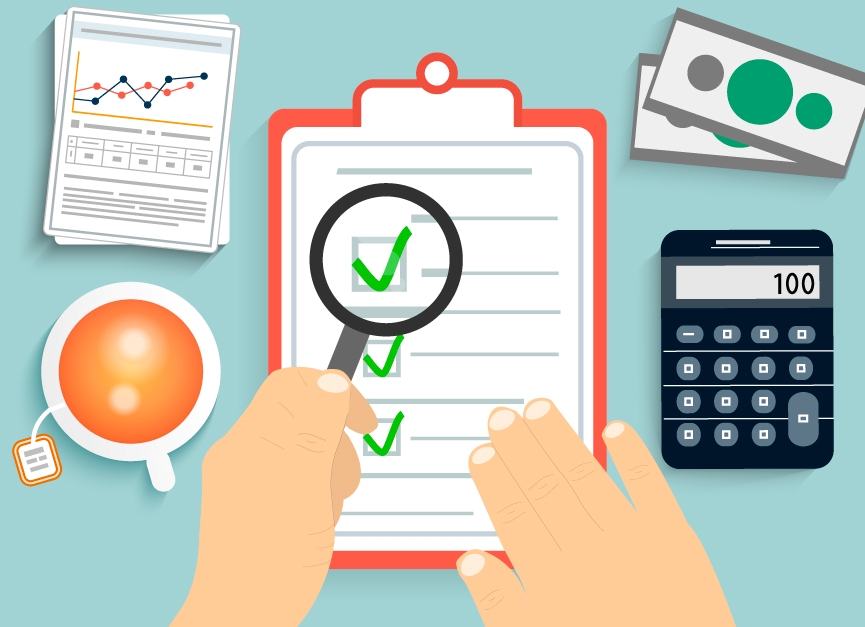
Hiring a Bookkeeper or Accountant
While basic accounting can be handled by a business owner or bookkeeping software, it is common to hire accounting professionals as the company grows.
When is it time to hire an accountant or bookkeeper?
- Your accounting needs are too complex for DIY
- You don’t enjoy doing accounting tasks
- You need to free up time to focus on core business
- Your company has grown substantially
- You plan to seek financing or investors
- You want expert advice on accounting practices
Types of accounting professionals
Bookkeeper
- Handles day-to-day data entry like Accounts payable, Accounts receivable, expense tracking
- Manages transactions in accounting software
- Does basic reconciliations and reporting
Accountant
- Higher level role focused on recording, analysis, reporting
- Ensures books adhere to accounting standards
- Prepares official financial statements
Certified Public Accountant (CPA)
- Accounting professional with advanced certification
- Can perform audits and complex accounting tasks
- Helps minimise tax obligations
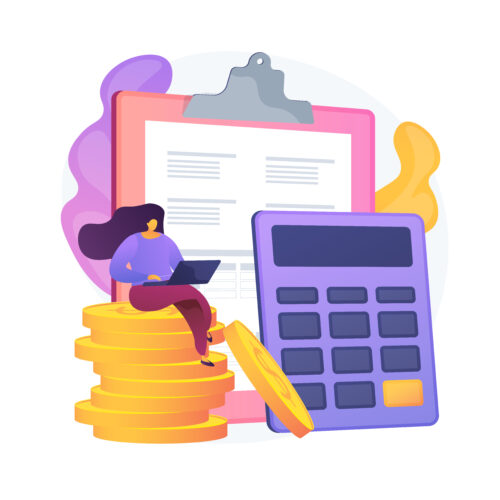
When hiring any accounting help, be sure to assess technical expertise, experience with similar clients, communication skills, pricing, and overall fit. Checking references is also advised.
Accounting Best Practices and Tips
Follow these tips for effective business accounting and financial management:
- Record transactions promptly – Enter income and expenses as they occur. Don’t let data pile up.
- Stick to a chart of accounts – Use a consistent numbering system for accounts in your general ledger.
- Perform account reconciliations – Regularly compare internal books to external documents like bank statements.
- Back up data securely – Protect accounting data from crashes, damage or deletion.
- Automate wherever possible – Use accounting software tools to save time on manual tasks.
- Review reports frequently – Analyse financial statements often to catch issues early.
- Hire help if needed – Consider using bookkeepers or accountants for complex accounting.
- Follow UK GAAP principles – Adhere to General Accepted Accounting Principles for standardisation.
- Do annual financial reviews – Have accountants periodically audit accounting data for accuracy.
Proper bookkeeping and financial practices are vital for understanding a business’s position and maintaining operations. Implementing the right processes, controls, tools, and professional help lays the accounting foundation for growth and success. If you have any questions regarding business accounting then contact us, we’ll be happy to help.
